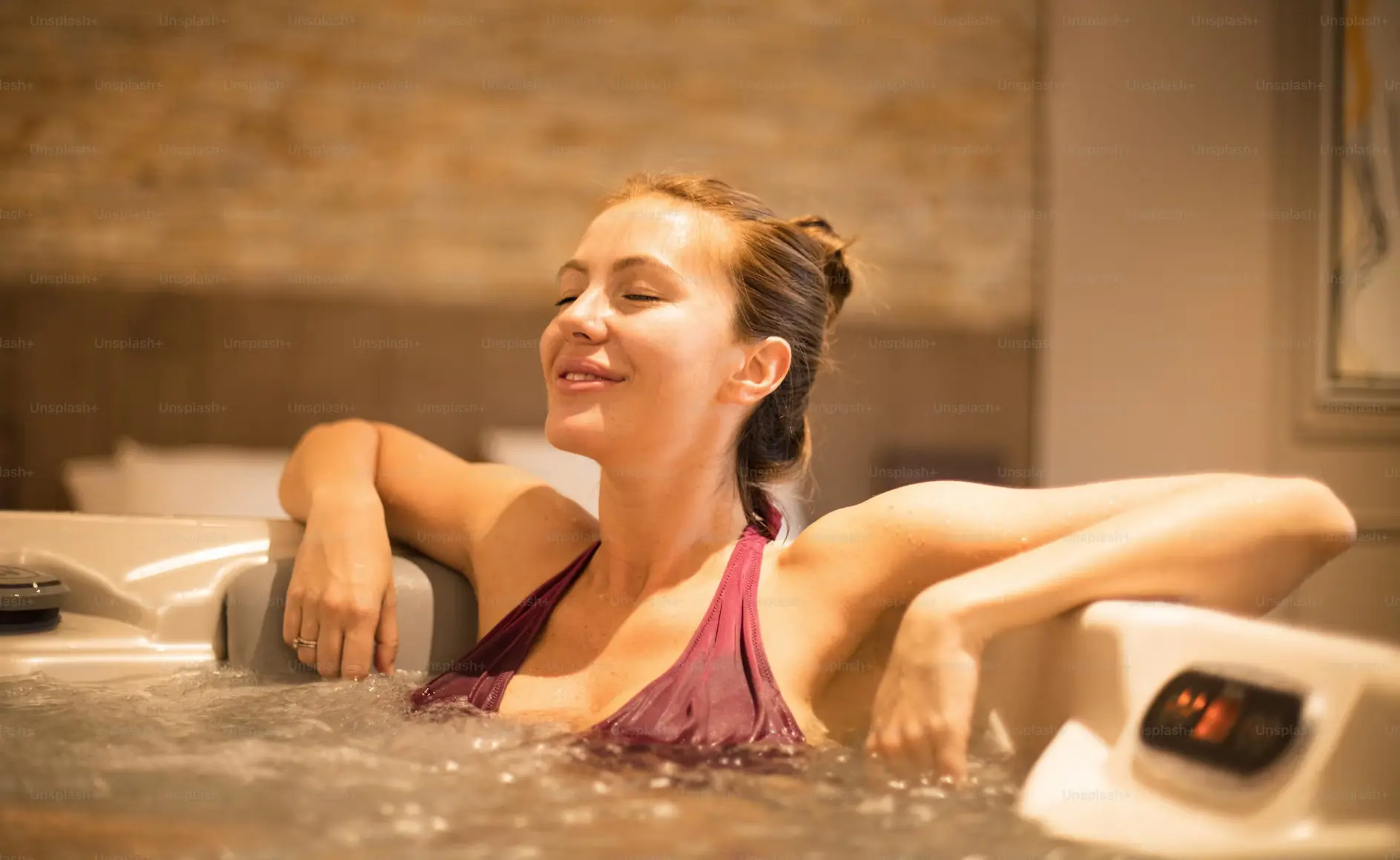
In today’s fast-paced world, getting a good night’s sleep can feel like a luxury. With stress, screens, and irregular schedules disrupting our natural rhythms, many are turning to alternative ways to relax before bed. One increasingly popular method? Soaking in a hot tub. But does it actually improve sleep? Science and experience both suggest: yes, it can.
The Science Behind Soaking and Sleep
Sleep is closely linked to body temperature. Our core temperature naturally drops as bedtime approaches, signaling to the brain that it’s time to wind down. A hot tub soak may seem counterintuitive because it raises your body temperature — but that’s actually the key.
When you immerse yourself in hot water (usually around 100–104°F or 37–40°C), your body heats up. After leaving the tub, the external cooling that follows mimics your body’s natural nighttime temperature drop. This post-soak cooling triggers the release of melatonin, the hormone responsible for regulating sleep. Studies have shown that people who soak in warm water 60 to 90 minutes before bedtime fall asleep faster and enjoy deeper, more restful sleep.
Stress Relief and Muscle Relaxation
Beyond temperature regulation, soaking in a hot tub also helps ease physical and mental tension — two major culprits behind poor sleep quality. The buoyancy of water reduces pressure on joints and muscles, while the heat increases blood circulation and soothes aches and pains. This is particularly beneficial for those who suffer from conditions like arthritis or chronic back pain.
Mentally, the warm water promotes relaxation and reduces cortisol, the body’s main stress hormone. Even a short soak can calm the nervous system, helping to transition the mind from the day’s hustle into a more serene state conducive to sleep.
Creating a Sleep-Enhancing Ritual
Establishing a bedtime routine is one of the most effective ways to train your body to sleep better. Adding a 15–20 minute hot tub session to your evening ritual can signal to your brain that it’s time to unwind. For best results, soak about 1–2 hours before bedtime.
To maximize the benefits, keep your environment calming. Dim the lights, add soothing music, or even use aromatherapy (lavender and chamomile are great for relaxation). Avoid alcohol or caffeine during this time, and resist the temptation to bring your phone into the tub. The goal is to disconnect and let your body relax naturally.
Precautions to Keep in Mind
While hot tubs can be beneficial for sleep, there are a few precautions to consider. Don’t soak for too long or in water that’s too hot, as this can cause dehydration or dizziness. People with certain health conditions, such as low blood pressure or cardiovascular issues, should consult their doctor before using a hot tub regularly.
Additionally, never fall asleep in the hot tub. It may seem tempting, but prolonged exposure to heat while unconscious can be dangerous.
Conclusion
A hot tub isn’t just a luxury — it could be a powerful tool in your sleep toolkit. By promoting relaxation, reducing stress, and supporting your body’s natural sleep rhythms, a warm soak in the evening might be just what you need to drift off more easily and sleep more soundly. So go ahead, carve out some quiet time, and let your hot tub become part of your nightly wind-down ritual.